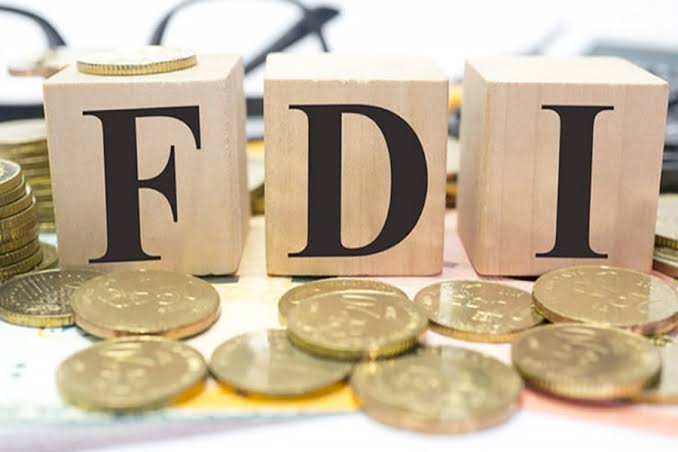Muhammad Nafis Shahriar Farabi
Published:2021-06-22 04:42:16 BdST
FDI in BD slides for second consecutive year
Foreign direct investment in Bangladesh dropped 10.8% to $2.6 billion last year.
Globally, the FDI fell 35% but it increased by 4% in developing Asia to $535 billion last year as foreign investments continued to rise in the region's biggest markets, China and India, according to an annual report prepared by the United Nations Conference on Trade and Development (Unctad).
Developing Asia accounts for more than half of global inward and outward FDI flows and is the only region to record FDI growth.
This is the second time in a row that FDI inflows in Bangladesh slumped, with a 20.47% fall registered in 2019.
"Both general economic activities and FDI shrank in the country's export-oriented garment manufacturing, as export orders worth $3 billion, primarily from the United States and the European Union, were cancelled," according to the World Investment Report 2021 published on Monday.
The report also says investments are gradually shifting away from large non-renewable energy and finance projects to fintech, pharmaceutical industry, liquefied natural gas plants and agribusiness. The government is prioritising these sectors too.
Bangladesh second highest FDI recipient among LDCs
FDI inflows to 46 Least Developed Countries rose 1% to $24 billion in 2020.
The top five FDI recipients were Cambodia, Bangladesh, Ethiopia, Mozambique and Myanmar. Cambodia's FDI inflow was $3.6 billion last year, which decreased by 1% from 2019.
These countries accounted for more than half of FDI inflows to all LDCs.
Four of the top five countries experienced negative growth, while Mozambique was the only country to observe positive growth. FDI inflow to Mozambique increased by 5.7% to $2.3 billion in 2020.
Declining FDI is a major concern for LDCs who are in the graduation process.
Bangladesh and Nepal would require two more years for their transition to developing economy after the outbreak of Covid-19, and the international community is willing to smoothen the transition process.
"These extensions are essential to maintain trade preferences, but they can also indirectly affect FDI flows, especially in export-oriented sectors," says the report.
The Bangladesh government streamlined five laws as part of its efforts to reduce obstacles to foreign investments.
South Asian FDI inflows rose to $71 billion
FDI inflows in South Asia increased by 20.1% to $71 billion last year.
Except for India, all other countries in South Asia observed negative growth in FDI inflows. FDI in India rose around 27% to $64 billion last year, mainly driven by mergers and acquisitions (M&A).
Accompanied by major deals involving ICT, health, infrastructure and energy, cross border M&As increased from $14.89 billion to $27.21 billion.
FDI inflows in Pakistan declined by 6% to $2.1 billion in 2020, "cushioned by continued investments in power generation and telecommunication industries".
Afghanistan experienced the highest decline in FDI inflows, 67% to 0.013 billion.
The Maldives, Sri Lanka, Nepal, Iran and Bhutan saw a decline of 64%, 43%, 32%, 11% and 7% in FDI inflows.
Top economies of FDI inflow and outflow
FDI inflow was the highest in the USA in 2020. The country attracted foreign investments of $156 billion. China and Hong Kong received $149 billion and $119 billion claiming the second and the third-highest amount of FDI.
China, Luxembourg and Japan were the top three economies in terms of FDI outflows. The three economies respectively had an FDI outflow of $133 billion, $127 billion and $116 billion.
The Unctad estimates that this year foreign investment will be 25% lower than in 2019, the year before the pandemic.
"The relatively modest recovery in global FDI projected for 2021 reflects lingering uncertainty about access to vaccines, the emergence of virus mutations and delays in the reopening of economic sectors," the report says.
Unauthorized use or reproduction of The Finance Today content for commercial purposes is strictly prohibited.


